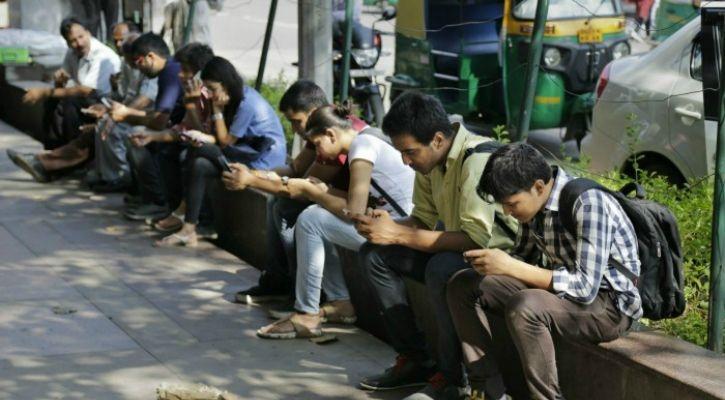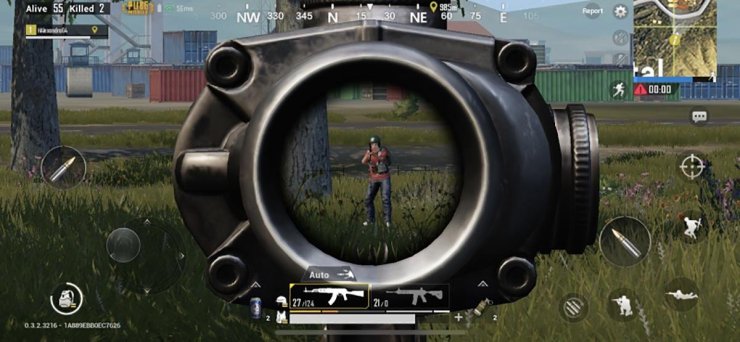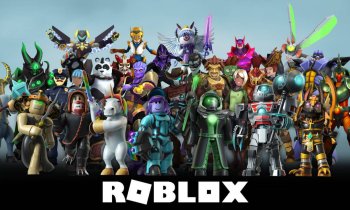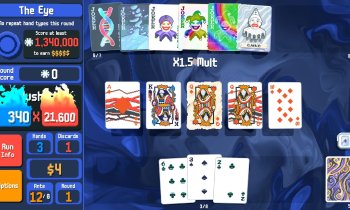If you were a kid living in India in the 1990s or early 2000s, then you most definitely experienced this story: Every time the exam period came, teachers, parents, and sometimes even neighbors would tell you to stay away from TVs and comic books. Your favorite Nintendo console gathered dust in the drawer, and parks were empty and deserted.
It is now 2019, but things are still pretty much the same, except for one thing: Smartphones have become a crucial part in the lives of most young adults, and so have mobile games. And currently, PUBG Mobile is the favorite games of most Indian youths.

And, just like any other thing that dares to be popular around exam-time, this battle royale game has landed in the blacklist of the Jammu and Kashmir Students Association, who believed that it was the sole reason for the falling academic results of X and XII grade students in the state.
This association then went on to demand that the authority issue a ban on PUBG Mobile, saying that it is more addicting than drugs and is causing youngsters to spend all their time on their phones and doing nothing.

It’s quite clear that PUBG Mobile is just being turned into a scapegoat here to make it easier for others to shrug off their own responsibilities. Demanding a ban to be imposed on a game because some students are doing poorly on their exams is like covering a rampaging animal with a blanket and hope that it’ll disappear.

Unlike the all-in-one handheld games of the old days, PUBG Mobile cannot be locked in a drawer until the exams are over. Furthermore, not only school kids, but many adults also enjoy the game as well. Thus, a ban on the game is simply ridiculous.
Are mobile games addictive to a certain extent? Well, admittedly yes, they are popular for a reason. However, educating minors and making sure that they enjoy their hobbies in a healthy way should be the responsibility of parents – it has always supposed to be.
Without proper guidelines, even without PUBG, they will always find another game to get addicted to.










Comments